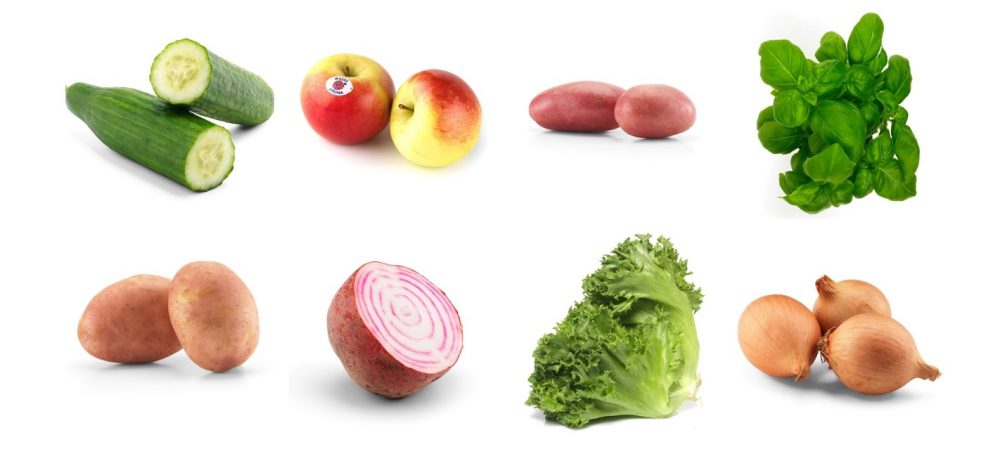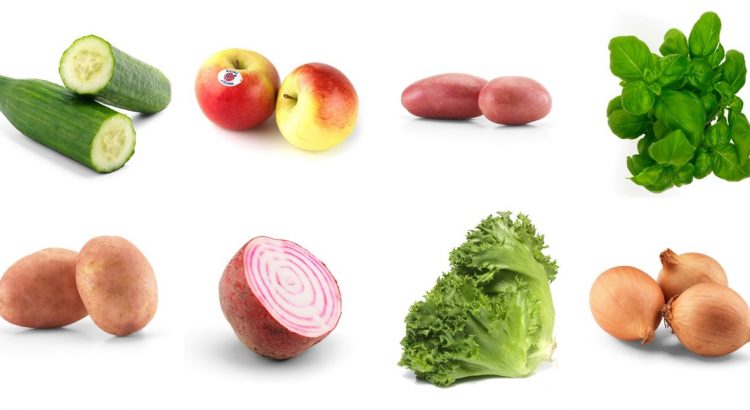
Food and Mood
Felice Jacket, – she is Professor of Nutrition and Epidemiological Psychiatry and Head of the Food and Mood Center at Deakin University in Melbourne.
Jacka is considered a world-leading expert on how food affects both everyday mood swings and serious mental illnesses. She is also a leader in the International Association for Research on Nutritional Psychiatry. She recently published the book “Brain Changer – How Diet Can Save Your Mental Health”.
I have some experiences with various personal testing of what she writes about and have very good experiences.
The text under is the ten points from the book “Happy Food” and a article in www.vg.no as a “plus article”
Happy food
- Eat vegetables for all meals, preferably green leafy vegetables and tomatoes every day. Up to one potato a day.
- Eat whole grains every day, the amount depends on how physically active you are.
- Eat legumes three to four times a week, also in the form of, for example, hummus.
- Choose fruits, vegetables and nuts as a snack. Eat three fruits a day and 1⁄2 dl of unsalted nuts or seeds. 2 dl olives is also a good choice.
- Eat oily fish at least twice a week. Eat eggs almost every day, and a maximum of six a week.
- Eat lean red meat three to four times a week, limiting the amount to 65-100 grams at a time.
- Eat dairy products two to three times a day, such as feta cheese, hard cheese, ricotta or natural yogurt.
- Use olive oil as standard fat, about 0.6 dl of cold pressed virgin oil every day.
- Stay away from sugar. Eat sweets only exceptionally.
- Water is the best drink. Drink a maximum of one to two glasses of wine a day.
Source: The book: Happy Food, by Henrik Ennart and Niklas Ekstedt
